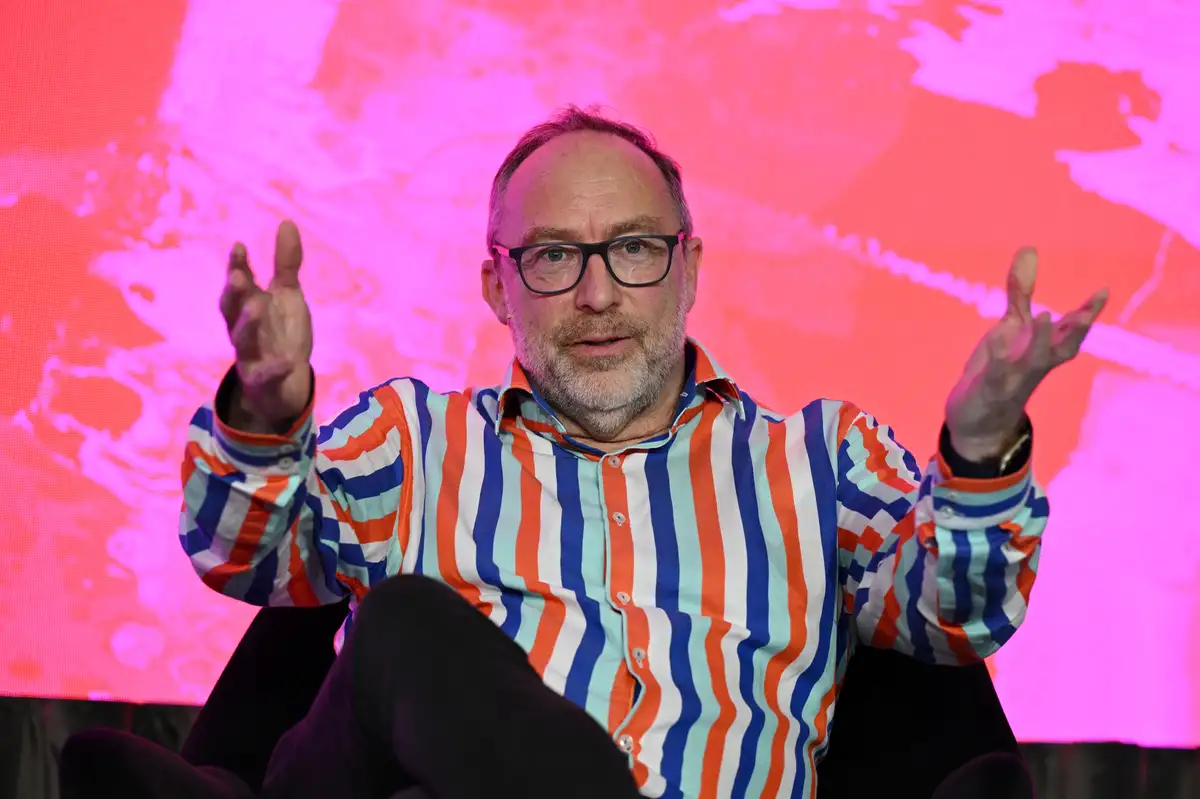Wales went on the outline his aims going forward, emphasising Wikipedia’s commitment to neutrality.
Explaining what he saw as the article’s current flaws, he wrote: “At present, the lede and the overall presentation state, in Wikipedia’s voice, that Israel is committing genocide, although that claim is highly contested.
“A neutral approach would begin with a formulation such as ‘Multiple governments, NGOs, and legal bodies have described or rejected the characterisation of Israel’s actions in Gaza as genocide’.”
It follows Wikipedia’s decision in September to freeze editing of its article on Zionism for a year, meaning it will continue to suggest that the ideology inherently supports the ethnic cleansing of Palestinians.
The first paragraph in the article reads: “Zionism is an ethnocultural nationalist movement that emerged in late 19th-century Europe to establish and support a Jewish homeland through the colonisation of Palestine. This region corresponds to the Land of Israel in Judaism and is central to Jewish history.
“Zionists wanted to create a Jewish state in Palestine with as much land, as many Jews, and as few Palestinian Arabs as possible.”
As reported by The Tablet, this passage (particularly the second sentence) has been the subject of intense internal debate at Wikipedia, driven by the so-called “Gang of 40”, which the report dubbed “a network of more than three dozen editors who systematically pushed the most extreme anti-Zionist narratives”.
In January 2024, the group reportedly imposed a “moratorium” on editing the sentence, which was written by a volunteer editor known as Levivich – a member of the “gang” who, along with six others, was later banned from making changes to articles related to the conflict due to allegations of bias.
Reaffirming his vision for Wikipedia in his post on the “Gaza genocide” discussion page, Wales said: “I believe that Wikipedia is at its best when we can have reasonable discussion rooted in a commitment to write articles that reflect a neutral point of view. I believe that’s especially important on highly difficult or contentious topics.”

